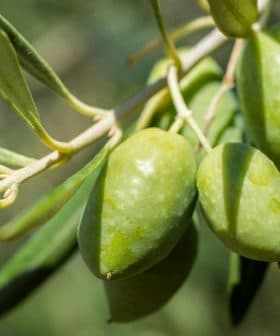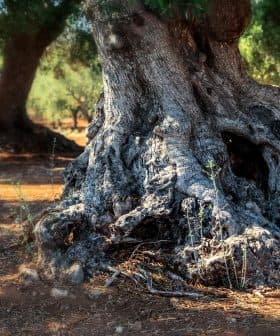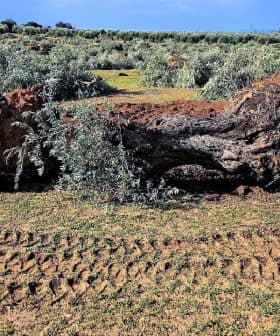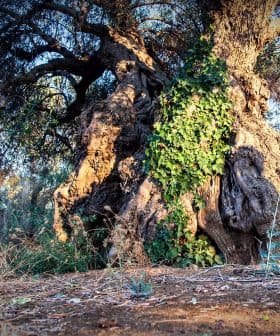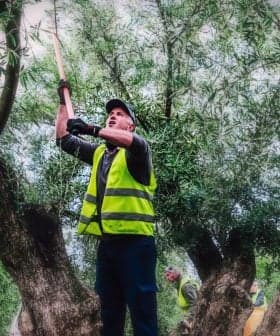Andalusia Declared Free of Xylella
The Regional Government of Andalusia has declared the region free of the Xylella fastidiosa bacterium after its detection in 2018, following the National Contingency Plan and implementing surveillance measures. Various checks and controls were carried out, including testing plant samples and capturing insects, ultimately confirming the eradication of Xylella in Andalusia.
The Regional Government of Andalusia has officially notified the Spanish Ministry of Agriculture that the region is now free of the Xylella fastidiosa bacterium, after its detection in 2018 on ornamental plants at a nursery in El Ejido in the Almeria province of the region.
The regional authorities acted according to the National Contingency Plan of the country in place to deal with such incidences, the government’s notice said.
The infected plant material was isolated and destructed, while the nursery owner was compensated for damage inflicted. Plant material prone to infection from two other nursery facilities that had supplied the El Ejido nursery was also isolated and retained by ministry technicians.
Surveillance actions were implemented over a period of two years, including the collection and examination of 936 tree and crop samples from the three nurseries. Consequent analyses carried out at the Plant Production and Health Laboratory of Almeria showed no infection from the pathogen.
An inspection zone of one kilometer was created around the nursery facilities and 741 samples of 28 different plant species were examined for infection over the two-year surveillance period, among them olive and almond trees that are particularly susceptible to Xylella, with results showing no contamination.
At the same time, the ministry experts examined whether vector host insects that could disperse the disease existed in the area. Two adult specimens of the Neophilaenus campestris, a possible Xylella carrier, were captured and tested negative to the bacterium as well.
After all the checks and controls were completed, the regional government announced “the eradication of Xylella fastidiosa in Andalusia after the isolated detection of this bacterium registered in 2018 on an ornamental species present in a producer nursery located in El Ejido.”
In 2017, almond trees in Valencia were found to have been infected with Xylella. Officials destroyed some 300 olive trees as a precaution and sprayed the area for insects such as cicadas and spittlebugs that are known to spread the disease.
In 2016, a study confirmed the absence of Xylella in a range of the region’s agriculture. The 600 tests were administered on olive, almond, and citrus trees, as well as ornamental plants — and all in the Andalusian regions of Almería, Granada, Málaga, and Jaén.


